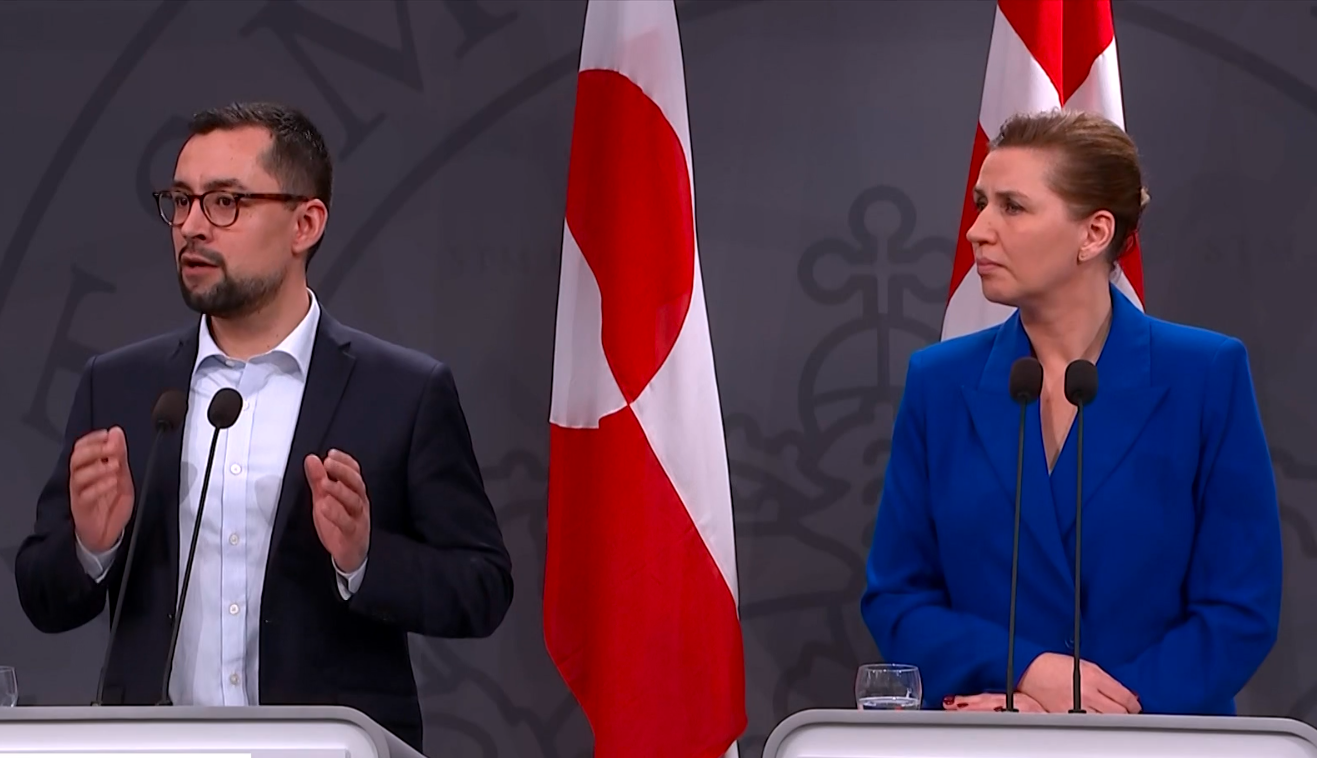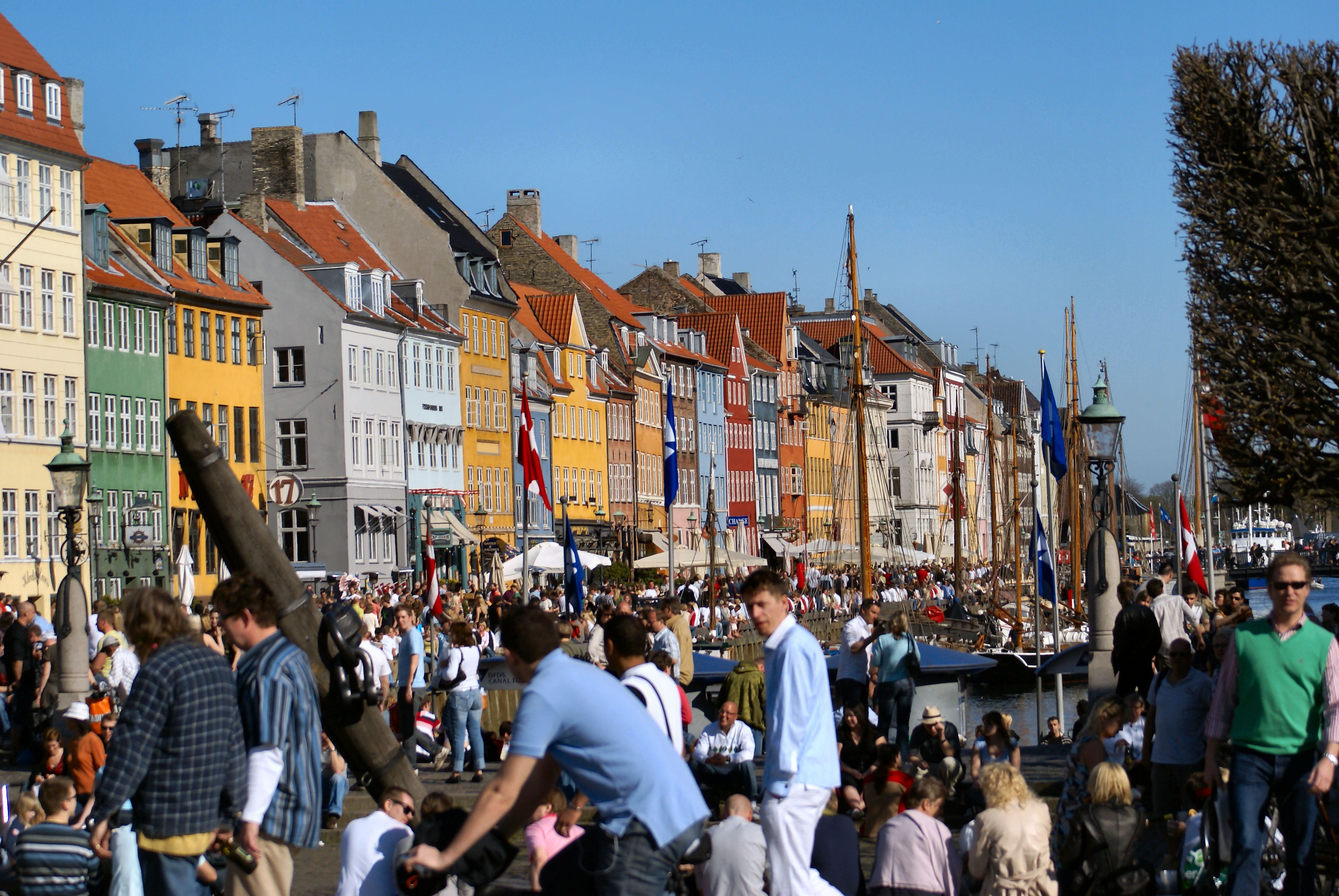In just over a decade, Copenhagen has been transformed into a city for the wealthy. As wage levels and housing prices continue to soar, low-wage earners are literally getting priced out of town.
New figures from Statistics Denmark show that the number of city dwellers in the capital who earn over 400,000 kroner a year has almost tripled from seven percent in 2000 to twenty percent in 2011.
At the same time, the number of people living in the city earning below 300,000 kroner a year dropped from 83 percent to 62 percent.
READ MORE: Housing debt weighing down economy
More high-paid jobs
According to Morten Skak, a professor of housing economics at the University of Southern Denmark, the development is down to more high-paying jobs being created in the capital.
“When there are more jobs in the city then it also becomes a more attractive place to live. Housing pricing soar and rich people move in,” Skak told Politiken newspaper.
Skak unveiled a report earlier this year showing that Copenhagen has begun creating significantly more jobs than the rest of the nation, a development that has already occurred in other capitals.
“In major cities like London, it is so expensive that it’s virtually impossible for people other than the rich to live there. Everyone else is pushed out,” he said.
Skak said a typical sign of this happening in a city is the development of areas that once housed low-paid citizens into lavish housing that only the rich can afford.
READ MORE: Banks leaning on hard-up co-op owners
Rich man ghettos
Ayfer Baykal (SF), Copenhagen's deputy mayor for technical and environmental affairs, agreed with Skak’s assessment, pointing to the building projects around the city that no low-wage earner will be able to afford.
“The city has reached a tipping point, and we can see that with the new construction going on at Islands Brygge, Sydhavn and Nordhavn. People with ordinary incomes can afford very little of this housing,” Baykal told Politiken.
Baykal argued that a number of “rich man's ghettos” are beginning to emerge in the city and many people are being forced out thanks to high rental costs.
“Social workers, teachers and skilled workers are among the people who are having a difficult time remaining in Copenhagen due to the living expenses,” Baykal said.
READ MORE: More student housing on its way
Outrageous housing prices
As more and more high-paid jobs have streamed to the city, the steeper housing prices have become. A 80 sqm apartment cost on average 980,000 kroner in 2000 – that price had almost doubled to 1,870,000 kroner in 2011.
The same goes for rentals. According to the rental website Boligportal.dk, between 2008 and 2011, the number of apartments being offered at over 10,000 kroner a month increased from 4,658 to 7,087. At the same time the demand for these apartments increased by 270 percent.
“We can clearly see the effect that the increase of highly-paid workers in Copenhagen is having on the housing market,” Søren Stjerne Schmidt, a spokesperson from Boligportal.dk, told Politiken in a mail.
Meanwhile, in a effort to counter the trend, Baykal recently approved the construction of 202 houses under the umbrella ‘Almenbolig+’ (‘general housing+’), which is housing that must keep its rent 30 percent lower than other general housing rent prices.
“We must counter these rich man ghettos and build more housing that people can afford,” Baykal said.












